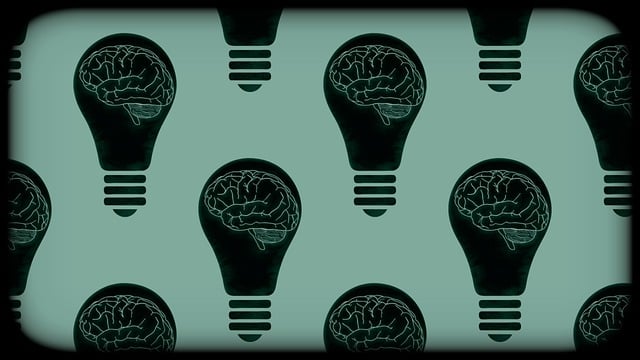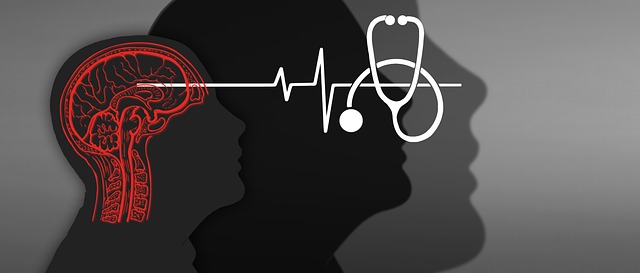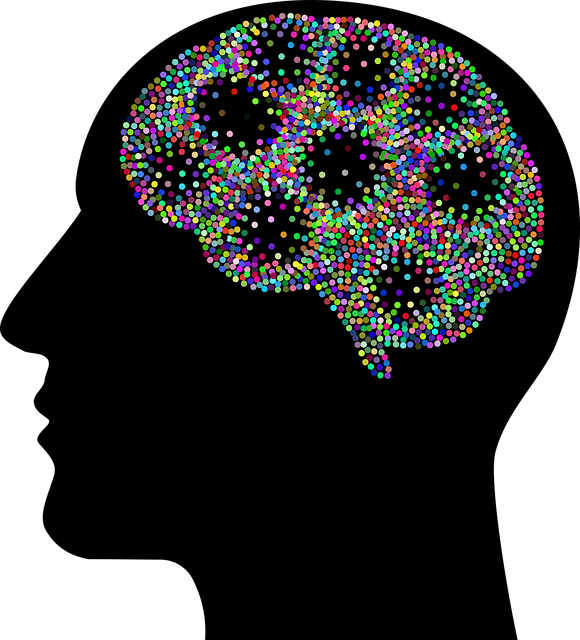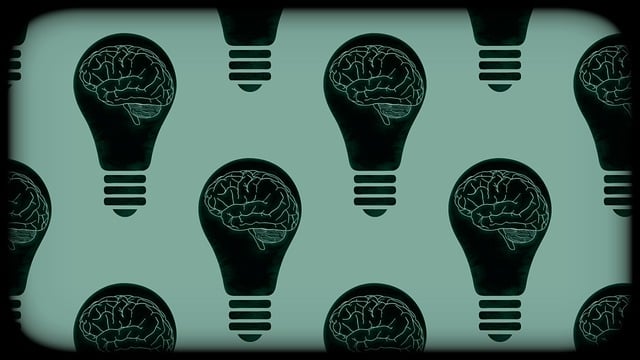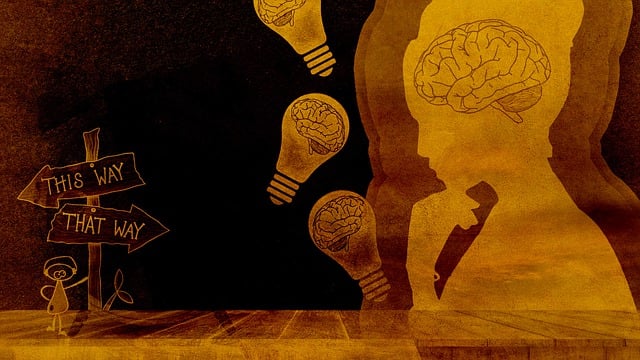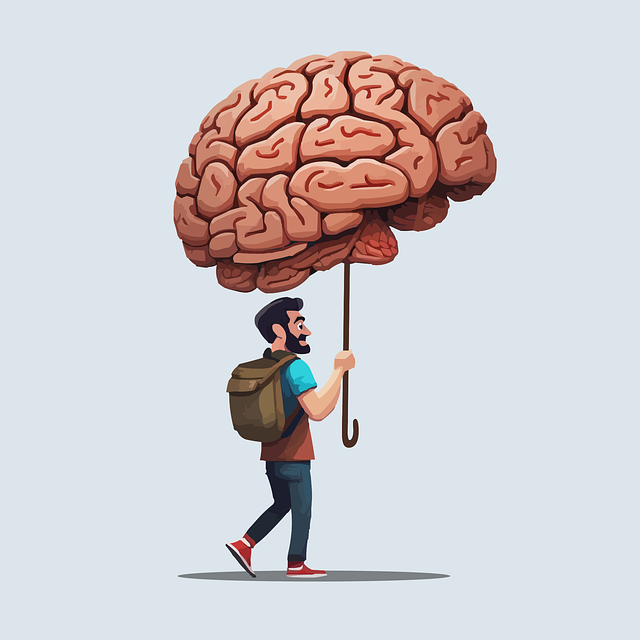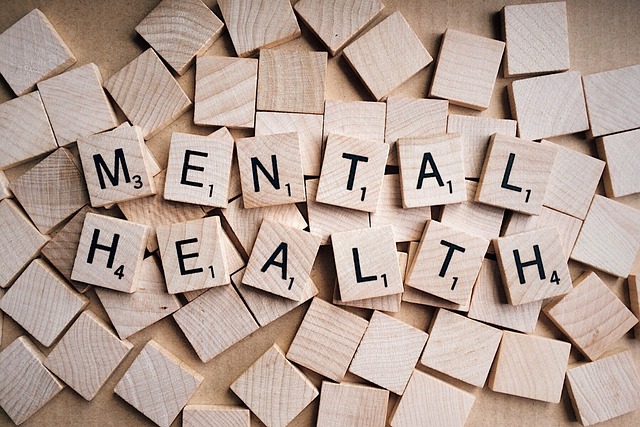Boulder, Colorado's, adolescent population faces common mental health challenges including anxiety, depression, eating disorders, substance abuse, and trauma-related issues. Boulder Adolescent and Teen Therapy (BAT) offers comprehensive solutions through Social Skills Training, Emotional Regulation techniques, and Cultural Sensitivity programs that empower teens with lifelong coping strategies. BAT engages learners using interactive methods like role-playing and case studies, incorporates burnout prevention for healthcare providers, and promotes risk management planning for professionals. Their diverse learning approaches, such as art therapy and podcasts, make mental health discussions relatable. Strategic planning, continuous evaluation, conflict resolution, mindfulness meditation, and integration of best practices ensure BAT's long-term success in addressing Boulder's unique mental health landscape.
In Boulder, adolescent and teen therapy is a vital resource for addressing mental health issues among young people. This article explores the design of an effective mental health education program tailored to this demographic. We delve into understanding common mental health challenges faced by teens, highlighting the need for comprehensive education. Key components, engaging strategies, and implementation guidelines are outlined to foster open dialogue and promote resilience. By focusing on these aspects, Boulder’s adolescent and teen therapy programs can achieve lasting positive impacts.
- Understanding Mental Health Issues Among Adolescents and Teens in Boulder
- Key Components of an Effective Education Program
- Strategies for Engaging Young Minds and Promoting Open Dialogue
- Implementation, Evaluation, and Continuous Improvement for Lasting Impact
Understanding Mental Health Issues Among Adolescents and Teens in Boulder

Mental health issues among adolescents and teens in Boulder, Colorado, are a significant concern, reflecting broader national trends. According to local healthcare providers, common challenges include anxiety, depression, eating disorders, substance abuse, and trauma-related disorders. The unique cultural landscape of Boulder, with its blend of outdoor enthusiasts, college students, and diverse communities, presents both opportunities and challenges in addressing these issues. For instance, the city’s vibrant youth scene may mask underlying struggles, while access to outdoor activities could also be a source of resilience or, conversely, contribute to pressure to perform in various extracurriculars.
Boulder’s Adolescent and Teen Therapy services play a crucial role in identifying and supporting young people early on. Programs often incorporate Social Skills Training to foster healthy interactions, Emotional Regulation techniques to help teens manage stress and emotions effectively, and Cultural Sensitivity in Mental Healthcare Practice to ensure that diverse backgrounds are respected and understood. These comprehensive approaches aim to not only treat immediate concerns but also equip adolescents with lifelong coping strategies for better mental well-being.
Key Components of an Effective Education Program

An effective mental health education program, such as those offered by Boulder Adolescent and Teen Therapy, should be multifaceted and engaging to ensure it resonates with learners. Firstly, incorporating interactive elements like role-playing scenarios, group discussions, and case studies allows participants to actively apply learned concepts in realistic contexts. This hands-on approach fosters critical thinking, problem-solving skills, and a deeper understanding of various mental health issues.
Additionally, integrating Burnout Prevention Strategies for Healthcare Providers and Risk Management Planning for Mental Health Professionals is crucial. Teaching strategies to manage stress, maintain work-life balance, and navigate ethical dilemmas helps professionals sustain their well-being while providing quality care. Social Skills Training should also be integrated to enhance communication and empathy among peers and clients, creating a supportive environment that benefits both professional development and patient outcomes.
Strategies for Engaging Young Minds and Promoting Open Dialogue

Engaging young minds in conversations about mental health is a delicate yet crucial task. The key lies in creating an environment that feels safe and non-judgmental, fostering open dialogue. One effective strategy is incorporating interactive and creative elements into education programs. For instance, using art therapy or even popular culture references can make these discussions more relatable for adolescents. Boulder Adolescent and Teen Therapy has successfully utilized similar methods to initiate conversations about emotional well-being.
Promoting mental wellness among peers also benefits from diverse learning approaches. The Mental Wellness Podcast Series Production is a great example of leveraging modern media to deliver valuable content on mood management and mindfulness meditation. By offering accessible resources like these, young individuals can learn at their own pace and connect with others facing similar challenges. This not only encourages self-reflection but also empowers teens to take charge of their mental health and openly discuss their experiences.
Implementation, Evaluation, and Continuous Improvement for Lasting Impact

Implementing a mental health education program requires careful planning and strategic execution to ensure its success and long-lasting impact. At Boulder Adolescent and Teen Therapy, we understand that evaluation is a critical component of this process. By consistently assessing the program’s effectiveness, we can identify areas for improvement and make data-driven adjustments. This ongoing evaluation involves gathering feedback from participants, educators, and relevant stakeholders to gauge the program’s reach and perceived benefits.
Additionally, incorporating methods like conflict resolution techniques, social skills training, and mindfulness meditation into the curriculum enhances its value. These strategies not only empower young individuals with valuable tools for managing their mental well-being but also foster a supportive and inclusive environment. Continuous improvement is fostered through regular reviews, adapting to evolving research and best practices, and integrating new insights. This iterative approach ensures that the program remains dynamic, relevant, and aligned with the unique needs of its participants.
Mental health education programs play a pivotal role in fostering resilience among adolescents and teens in Boulder. By incorporating evidence-based strategies and engaging interactive methods, we can break down barriers and encourage open conversations about mental well-being. The key lies in a comprehensive approach that educates, supports, and equips young individuals with the tools to navigate their emotional landscapes. With continuous evaluation and improvement, these programs can have a lasting impact, revolutionizing how Boulder’s adolescents and teens access and understand their mental health options, ultimately leading to better outcomes and a healthier future.
